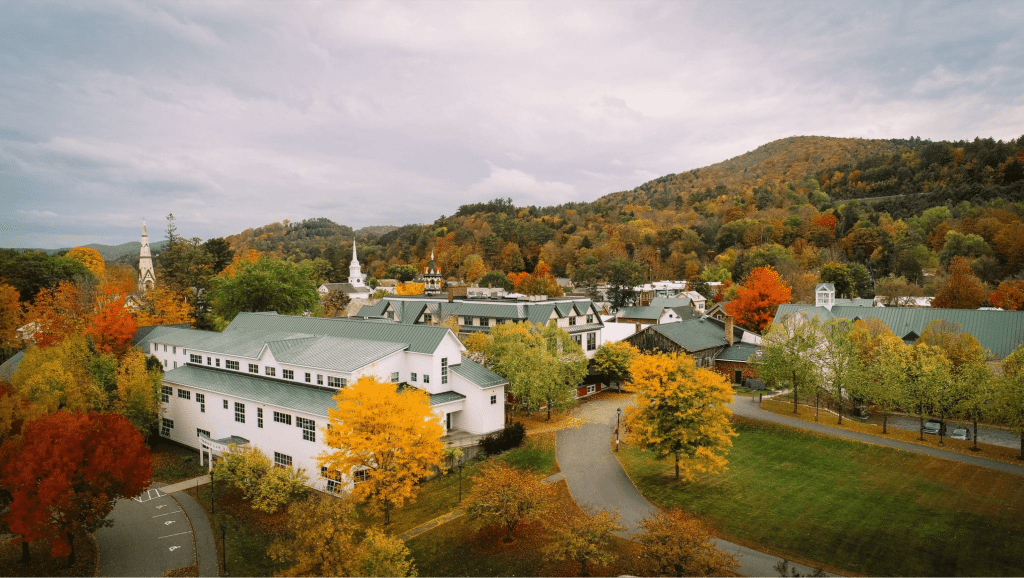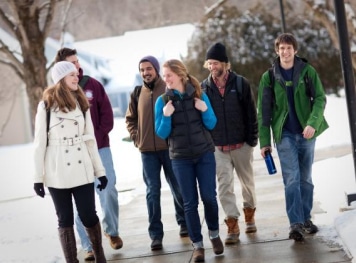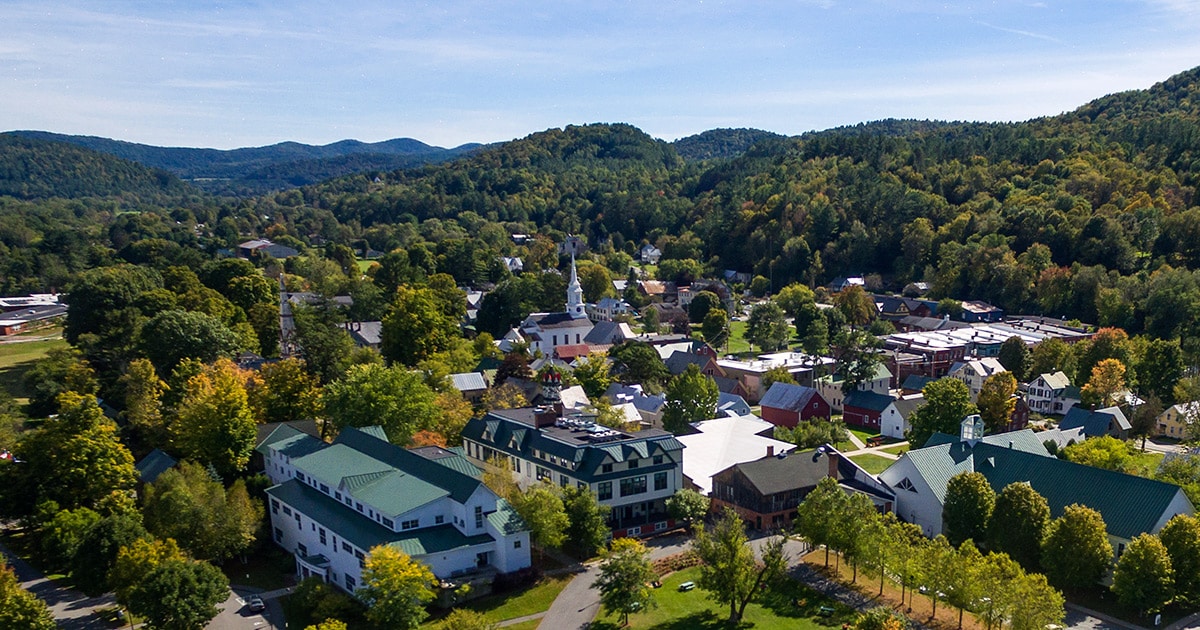Admissions
Vermont Law and Graduate School’s academic programs are designed to transform legal expertise and skills into tools of consequence. As the top environmental law school, we offer on-campus programming for candidates who wish to pursue a Juris Doctor, Master’s, LLM, Dual, or Joint degree, as well as online curriculum for Master’s and LLM degrees. Our environmental law school curriculum covers a broad range of the most topical legal issues of our time, including animal law, environmental law, animal law and policy, energy regulation and law, food and agriculture law and policy, and restorative justice. More information about each degree track and the associated admissions process can be found by visiting our degree programs pages. We also invite you to attend one of our upcoming admissions events to learn more.

“We are committed to developing a generation of leaders who use the power of the law to make a difference in our communities and the world. Because the status quo is no longer acceptable.”

Residential and Online Hybrid JD Degrees

Master’s Degrees

LLM Degrees

Joint Degrees

Dual Degrees

Online Degrees
Become a VLGS Student
Inquire
Inquire now to join our mailing list, request information, and connect with an admissions counselor.
Visit
Experience the Vermont Law and Graduate School campus! Schedule an individual visit or take a virtual campus tour.
Apply
Ready to use the power of the law to impact change? Take the next step and apply now.
Admissions Events

How the Flexible Online Hybrid JD Works for Military Personnel and Their Families
April 2Join us to hear how VLGS’s flexible Online Hybrid JD (OHJD) works for members of the military and their families. Special guest panelists include Dean Beth McCormack, OH…

Overview of the Online Hybrid JD Program
April 8Join us as we discuss our flexible Online Hybrid JD program. Accessible anywhere, anytime, this program offers a top-tier legal education tailored to fit your schedule and asp…

Executive Orders and Competing Constitutional Conceptions of Presidential Power
April 23The Office of Admissions invites you to tune in as Vermont Law and Graduate School President Rod Smolla leads a lecture on executive orders and competing constitutional concep…

June Admissions Open House
June 14Attending this dynamic event is the perfect way to envision life as a Vermont Law and Graduate School student. Throughout the day, you will get an in-depth look at the [&helli…
Vermont Law and Graduate School is committed to promoting an educational environment free from unlawful harassment, sexual harassment, and discrimination/segregation and prohibits the use of admission policies or other actions to preclude admission of applications or retention of students on the basis of age, race, color, creed, ethnicity, national origin, place of birth, ancestry, religion, sex/gender, gender identity/expression, sexual orientation, marital status, military status, HIV-positive status, genetic information, or against qualified individuals with disabilities on the basis of disability (including duty of reasonable accommodation), as defined by applicable law (“protected characteristics”).





